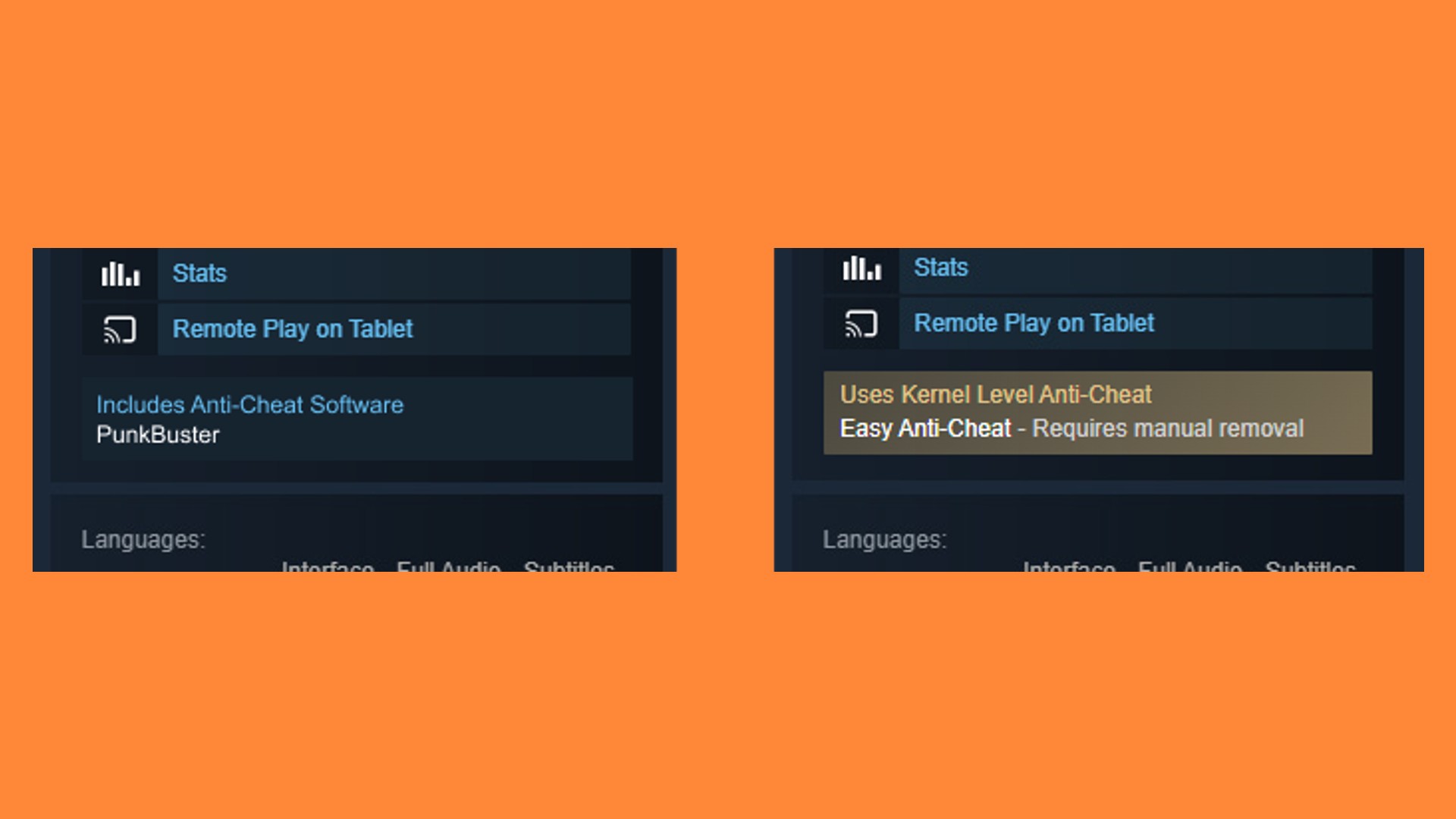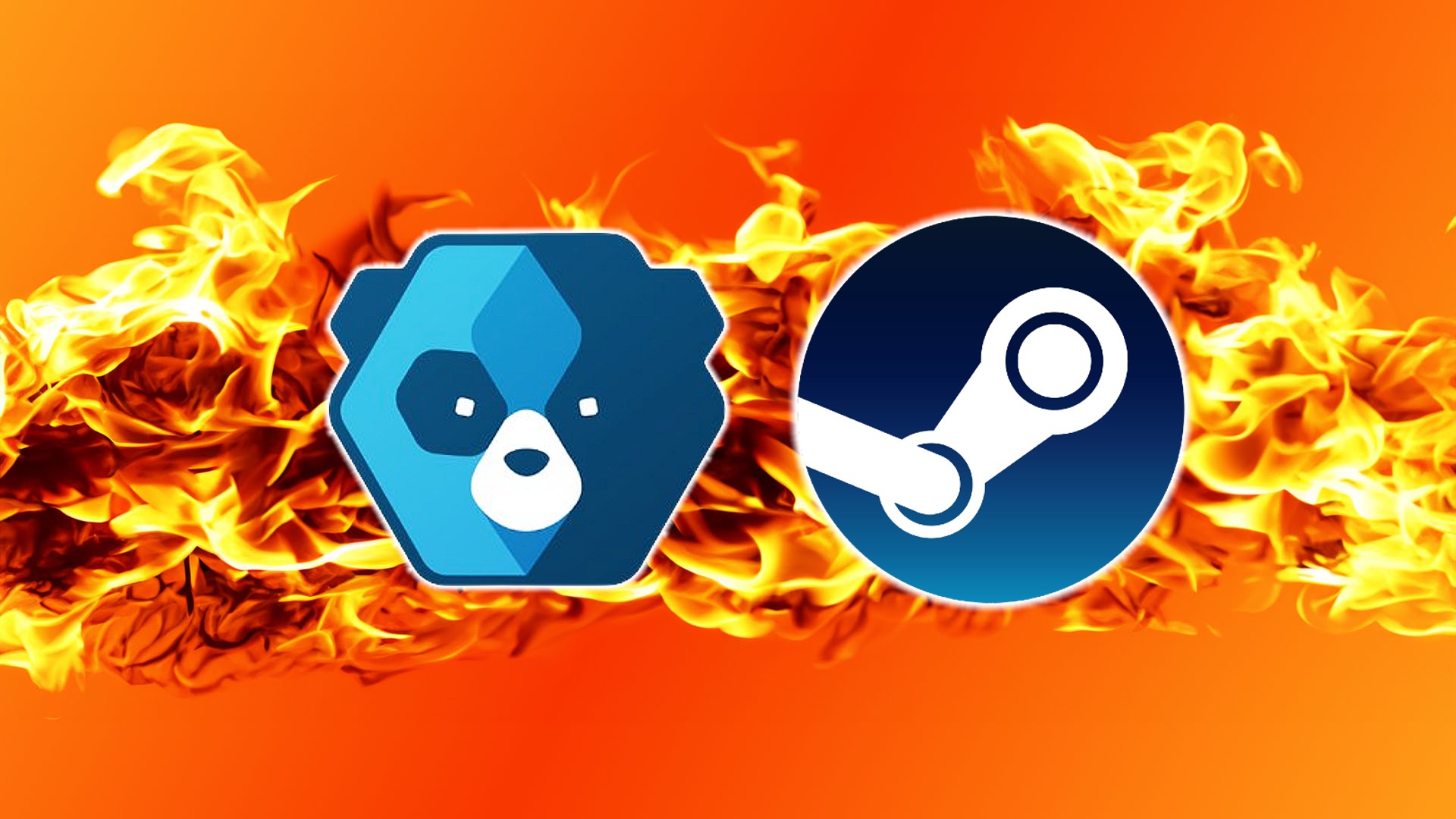Valve is ensuring better transparency is coming from developers using kernel-level anti-cheat software, as it must now be flagged on the game’s Steam store page. While the use of kernel-level anti-cheats is understandable, some games aren’t disclosing their presence, and they could theoretically have an unnecessary level of access to your gaming PC.
If you’re using an operating system such as Windows 11, kernel-level anti-cheats are effectively operating within the nucleus of this software, where it interacts with your gaming PC. If abused, any software operating at the kernel level could have access to your hardware and cause irreparable damage, or it could be used to access sensitive data.
This change was announced in a community post on October 30, and actually credits developers with being the ones who want to make the implementation of anti-cheat clearer.
While it’s already stated on Steam store pages when DRM, third-party launchers, and certain anti-cheats are required, there is no blanket way for all anti-cheat software to be identified.
Now, it will clearly be stated which anti-cheat system is used, and whether it works at the kernel level or not. In images used in the community post, kernel anti-cheat warnings will be highlighted in gold, while regular software anti-cheat is in blue.

This info needs to be filled in by the developer, and Valve will be going through older games where the data is missing and contacting developers to have it flagged. There is no mention of a consequence should a developer not be forthcoming in filling this data.
The need for kernel-level anti-cheat is down to the increase in cheating methods that also operate at this level. While neither option should really be given such easy access to the core of your operating system, needs must be in an attempt to keep online games fair and competitive.
It’s no surprise to see this change arrive after both Grand Theft Auto 5 and Battlefield 1 added kernel-level anti-cheat systems, which are incompatible with Linux and cost both games their Steam Deck ratings.
For more news on operating systems, you can read about how Windows 10 support is ending soon, and your upgrade to Windows 11 will be forced sooner than you might think.











Leave a Reply